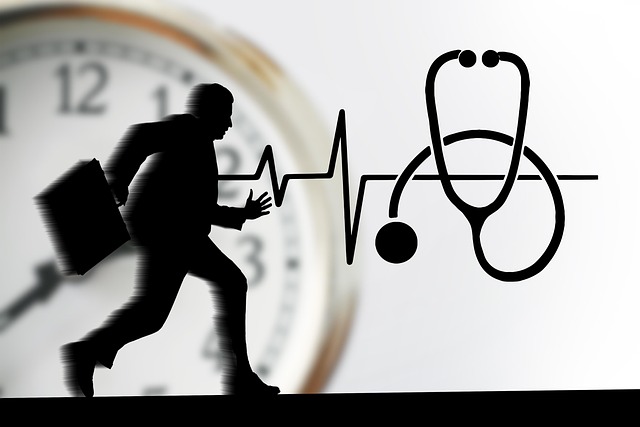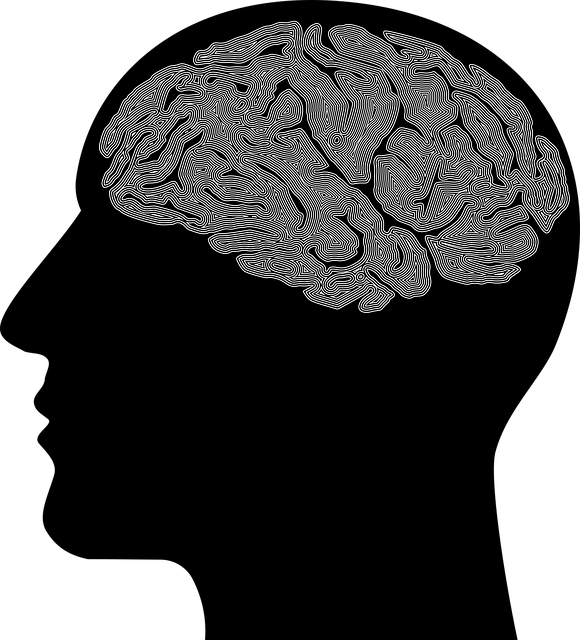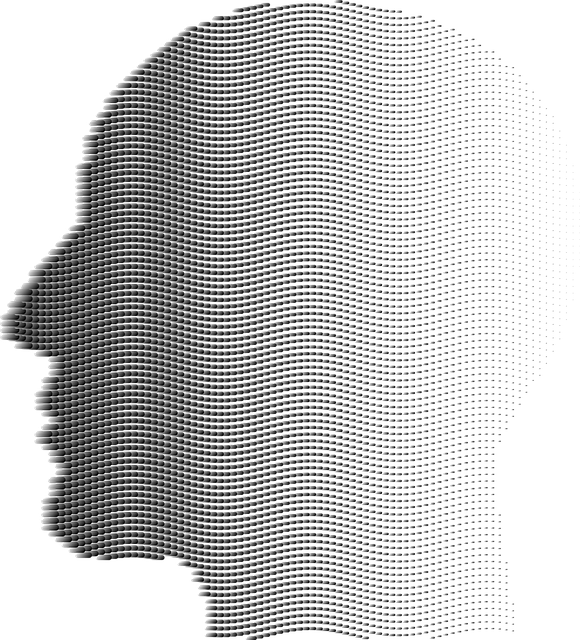In children's therapy, psychological testing using innovative self-assessment strategies is crucial for addressing mental wellness holistically. Traditional models lack tools to assess key aspects like emotional regulation and empathy. Effective testing requires multifaceted approaches, including standardized age-appropriate tests, self-care practices, and evidence-based therapy models. Integrating test results with self-assessments allows personalized treatment plans that target specific needs. Ethical considerations, privacy, and the combination of AI and human-centric approaches are essential for future developments to enhance assessment accuracy and therapeutic outcomes in child therapy.
Mental wellness self-assessment tools play a crucial role in therapy for children, offering a proactive approach to understanding and addressing young minds’ unique challenges. This article delves into the development of such tools, exploring key components of effective psychological testing for youth. We examine how integrating feedback and data analysis enables personalized treatment plans, while also navigating ethical considerations and charting future directions in child mental health assessment. By leveraging these strategies, therapy for children can be more inclusive, effective, and accessible.
- Understanding the Need for Mental Wellness Self-Assessment Tools in Children's Therapy
- Key Components of Effective Psychological Testing for Youth
- Integrating Feedback and Data Analysis for Personalized Treatment Plans
- Ethical Considerations and Future Directions for Child Mental Health Assessment Tools
Understanding the Need for Mental Wellness Self-Assessment Tools in Children's Therapy

In the realm of children’s therapy, recognizing and addressing mental wellness is paramount for holistic development. Traditional therapy models often lack dedicated tools to assess a child’s psychological state, emotional regulation skills, and empathy-building capabilities—crucial aspects of their overall well-being. This gap highlights the urgent need for innovative self-assessment strategies tailored specifically for children. By integrating psychological testing methods, therapists can gain deeper insights into their young clients’ minds, fostering more effective treatment plans.
The development of mental wellness self-assessment tools is particularly vital as it enables children to actively participate in their therapy journey. These tools, designed with child-friendly interfaces and age-appropriate language, empower kids to articulate their feelings, thoughts, and experiences. Furthermore, they facilitate the teaching of essential coping mechanisms like mindfulness meditation and empathy-building strategies, empowering young individuals to navigate their emotional landscapes with greater ease and self-awareness.
Key Components of Effective Psychological Testing for Youth

Effective psychological testing for youth involves a multi-faceted approach that captures not only cognitive abilities but also emotional and behavioral aspects crucial for their development. Key components include comprehensive assessments that consider age-appropriate measures, such as standardized tests tailored to younger populations. These tools should assess not only academic performance but also social skills, emotional regulation, and coping mechanisms.
Incorporating self-care practices and emotional healing processes within the testing framework can provide valuable insights into a child’s mental wellness. This holistic approach allows therapists to design targeted interventions, incorporating evidence-based strategies from various therapy models for children, ensuring that each young individual receives personalized support for their unique needs.
Integrating Feedback and Data Analysis for Personalized Treatment Plans

Integrating feedback from self-assessment tools with data analysis is a powerful approach to personalize treatment plans for mental wellness. By combining quantitative and qualitative data, therapists can gain deeper insights into an individual’s emotional state, behaviors, and challenges. This comprehensive understanding enables them to tailor therapy sessions for children, addressing specific needs and concerns more effectively.
For instance, psychological testing results can highlight areas of distress or strengths, while feedback from self-assessment tools provides a subjective perspective. Combining these offers a multi-dimensional view, guiding therapists in developing targeted interventions. Moreover, this integrated approach supports not only individual therapy but also informs community outreach program implementation and crisis intervention guidance, fostering a more holistic support system for mental wellness.
Ethical Considerations and Future Directions for Child Mental Health Assessment Tools

As mental wellness self-assessment tools become increasingly integrated into child therapy and psychological testing, ethical considerations gain paramount importance. Developers must ensure that these tools are unbiased, culturally sensitive, and tailored to the specific developmental stages of children. Privacy and data security are also critical, especially when dealing with vulnerable populations. Moreover, it’s essential to consider the impact on the therapist-child relationship, ensuring these tools enhance rather than impede therapeutic processes.
Future directions for child mental health assessment tools should focus on integrating innovative technologies while maintaining a human-centric approach. Artificial intelligence and machine learning can aid in data analysis and personalized intervention recommendations. Additionally, incorporating conflict resolution techniques and emotional healing processes into these tools could help professionals conduct comprehensive risk assessments for mental health professionals, fostering healthier interactions and outcomes for children.
Mental wellness self-assessment tools play a pivotal role in enhancing therapy for children, offering a structured approach to psychological testing. By incorporating these tools, therapists can gain valuable insights into a child’s mental state, facilitating personalized treatment plans that cater to their unique needs. With continuous feedback and data analysis, professionals can navigate the complex landscape of child mental health, ensuring effective interventions and improved outcomes. As we move forward, ethical considerations and ongoing research will shape the development of advanced assessment tools, ultimately enriching the available resources for children’s therapy.














